Culligan Water Softener Estimate for Parents
havemursey
11 years ago
Related Stories

GREAT HOME PROJECTSHow to Switch to a Tankless Water Heater
New project for a new year: Swap your conventional heater for an energy-saving model — and don’t be fooled by misinformation
Full Story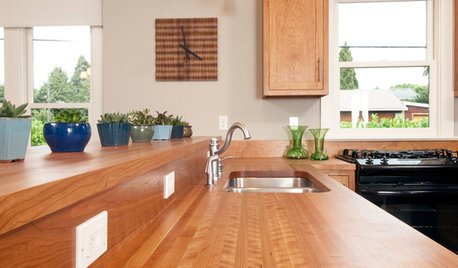
KITCHEN DESIGNWonderful Wood Countertops for Kitchen and Bath
Yes, you can enjoy beautifully warm wood counters near water sans worry (almost), with the right type of wood and sealer
Full Story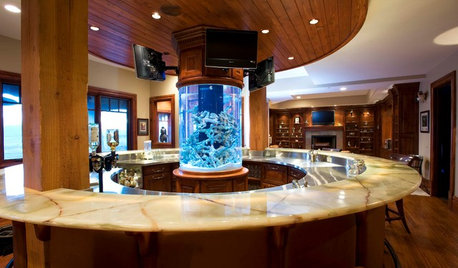
DECORATING GUIDESDesigning Nemo: 30 Fish Tanks Make a Decorative Splash
Bring an otherworldly glow and a calming vibe to your home with the living art of an aquarium
Full Story
ROOM OF THE DAYRoom of the Day: Art and Science Room Proves Grandmas Are the Best
This grandmother transformed her garage into a science and art classroom where messes are encouraged every day
Full Story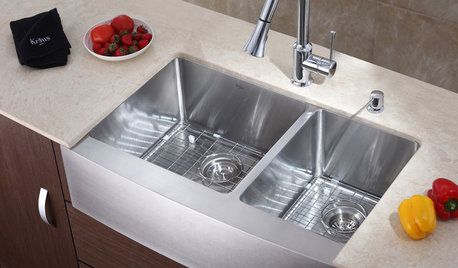
MOST POPULAR8 Little Remodeling Touches That Make a Big Difference
Make your life easier while making your home nicer, with these design details you'll really appreciate
Full Story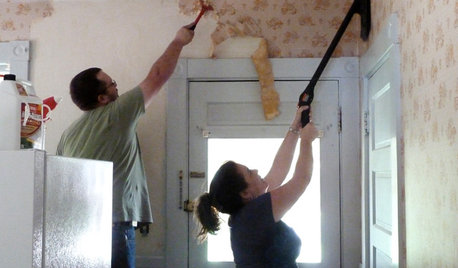
DECORATING GUIDESHow to Remove Wallpaper in 4 Steps
Learn the best way to remove wallpaper with only water (and elbow grease) so your next wall treatment will look great
Full Story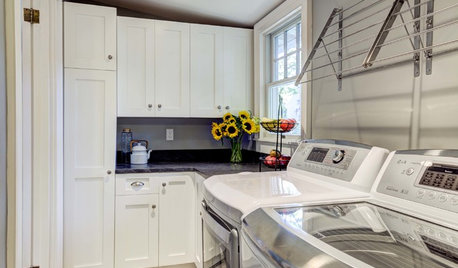
THE HARDWORKING HOMEWhere to Put the Laundry Room
The Hardworking Home: We weigh the pros and cons of washing your clothes in the basement, kitchen, bathroom and more
Full Story
DECORATING GUIDESPop Culture Watch: 12 Home Trends from the '80s Are Back
Hold on to your hat (over your humongous hair); interior design elements of the 1980s have shot forward to today, in updated fashion
Full Story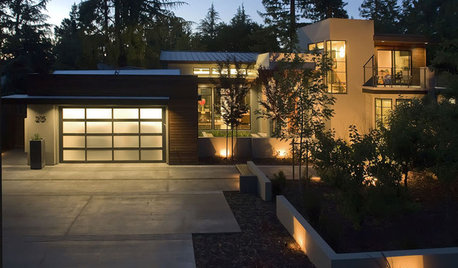
REMODELING GUIDESConcrete Driveways: Poring Over the Pros and Cons
Concrete adds smooth polish to driveways and a sleek look to home exteriors, but here are the points to ponder before you re-surface
Full Story
HOUZZ TOURSMy Houzz: A DIY Gold Mine in the Heart of Texas
From a sawn-down sleigh bed to book pages as wallpaper, the projects in this home are a testament to the homeowners' ingenuity
Full Story





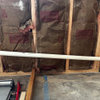
User
Related Professionals
Boise Plumbers · Beachwood Kitchen & Bathroom Remodelers · Alpine Kitchen & Bathroom Remodelers · Bethel Park Kitchen & Bathroom Remodelers · Beverly Hills Kitchen & Bathroom Remodelers · Galena Park Kitchen & Bathroom Remodelers · Garden Grove Kitchen & Bathroom Remodelers · Honolulu Kitchen & Bathroom Remodelers · Lynn Haven Kitchen & Bathroom Remodelers · New Port Richey East Kitchen & Bathroom Remodelers · Superior Kitchen & Bathroom Remodelers · Tempe Kitchen & Bathroom Remodelers · West Palm Beach Kitchen & Bathroom Remodelers · Plant City Kitchen & Bathroom Remodelers · Eufaula Kitchen & Bathroom Remodelers